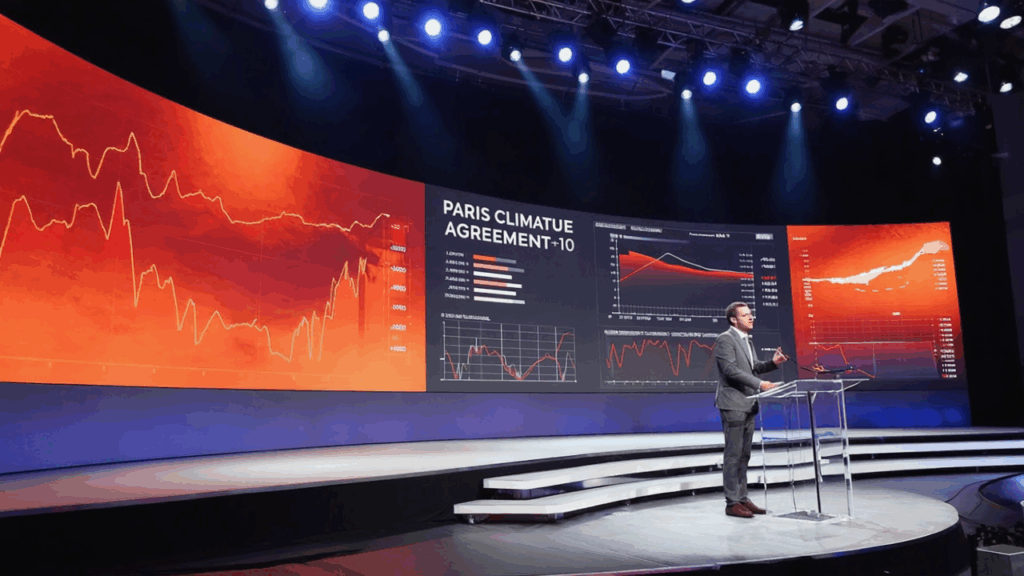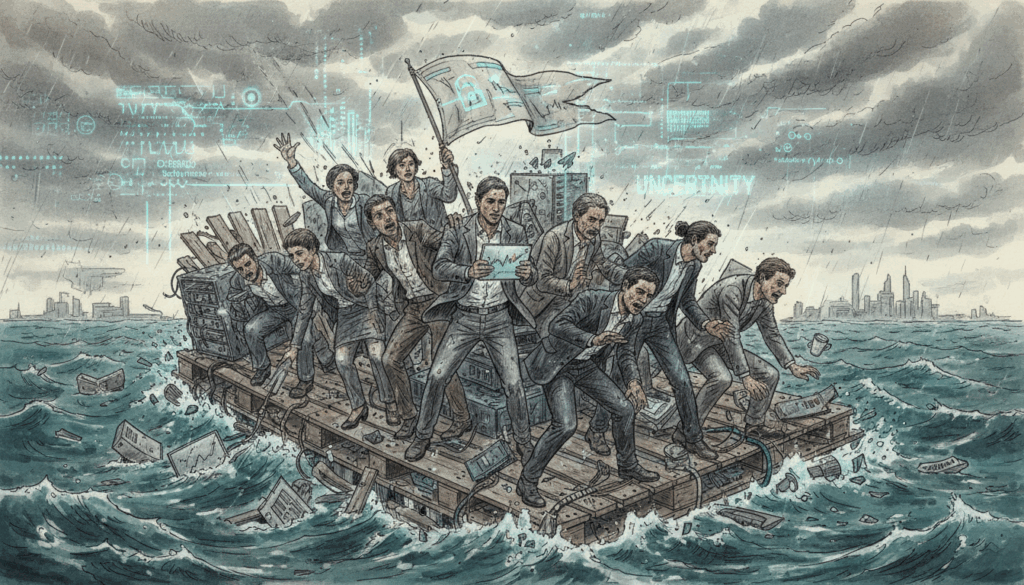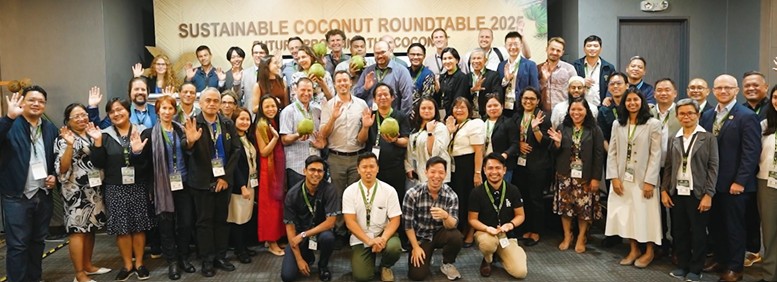Discover how recruitment fees trap migrant workers in debt bondage. Learn systematic approaches to ethical procurement and worker remediation.
Tag Archives: Supply Chain
ESG faces mounting criticism, but the solution isn’t abandonment—it’s smarter investment. Learn how Total Cost of Ownership thinking separates transformative value from compliance theater
Explore how AI transformation, geopolitical chaos, and environmental crises demand ethical leadership in 2026
Explore how AI testing, geopolitical uncertainty, and environmental crises reshape business strategy in 2026. Expert insights on resilience.
Discover how CSDDD reshapes corporate due diligence, with new scope, enforcement rules, and strategic implications for multinationals.
Paris Agreement + 10 shows commitment gaps. Corporations need action partners for geopolitical uncertainty and climate adaptation strategies.
In light of the COP30 outcomes on carbon markets, trade, agriculture, and just transition, companies urgently need to transform their value chains themselves. Possible solutions.?
European businesses face trade wars, geopolitical tensions & slow growth. Learn how to build resilient operations through strategic risk management.
CSDDD faces deep cuts via EU Omnibus. Why do companies diverge? What should businesses do now to stay ahead?
Coconut supply chains face crisis. Discover scalable impact programs improving smallholder livelihoods while securing supply.










